Preparation Tips For UPSC Geo-Scientist and Geologist Exam
Preparing for an exam can be stressful, especially when it consumes a lot of time. Here are few UPSC combined Geoscientist and Geologist exam preparation tips subject wise to save your precious study time.
General English
This paper carries 100 marks. It comprises essay type questions and other questions to test comprehension skills. The essays have to be short and yet hold all the necessary details. So write down the key points and curate it succinctly. As for the comprehension section, keep browsing the dictionary whenever you are free because your understanding of a word used in a given context is tested, So build on your grammar and vocabulary.
Geology paper I
Geology is the study of the earth. Paper, I will cover all basic concepts like the formation, evolution and history of the land, including geomorphic concepts, natural phenomenon such as weathering and erosion, etc.
Since paper, I will have the introductory syllabus, focus on topics such as techniques of palaeontology, fossil studies, the feature on earth and its components that will give you a better and deeper understanding and help you cover the sections of palaeontology and geodynamics easily.
Geology Paper II
The key topics of focus for this paper are Minerals, magmas, metamorphism, sedimentary textures and the natural hazards caused by pollution. Since paper I give an overall understanding of the features of the earth, paper II will drive you further into topics related to composition and conservation of soil.
Geology paper III
While the paper I and II focus on the fundamentals, composition and conservation, paper III will test your knowledge of the geography and distribution of various features and minerals. Also, give importance to ores, metals and other precious elements on earth, its usages and locations. The 3-hour paper will comprise questions regarding the engineering technology of converting ores into metals and the properties of each of them along the area of distribution.
Geophysics paper I
Geophysics is basically the physics of the earth. Solar system, seismology, and arithmetic calculations in geophysics are the overall topics to be covered. Focus on various laws and theories such as Amperes’s law and complex variables in potential theory. Also, master vector algebra and analytical equations to ace the paper.
Geophysics Paper II
This paper covers more topics under physics than geology. Magnetic fields, laws formulae and some parts of chemistry, such as nuclear particles and collisions, comprise this paper. Write down the names of the law and try to recollect them during revisions so that you do not leave out on anything. Keyword plays an important role in the definition and laws here. So make a note of all of them while studying.
Geophysics Paper III
The final paper will cover the ocean and radar systems. If you understand the geography of the oceans such as sediments, minerals, locations, etc., you can easily score in various topics such as seafloor features and radioactive processes. Also, study signal processing topics, such as Fourier transformation and satellite remote sensing, to be able to solve the problem and explain the theory behind each; they are important topics in the section.
Chemistry paper I
The periodic table is the first topic to be covered in this paper as questions about all elements; its presence and properties will be asked based on that. Once you have byhearted the table, try to recollect the atomic structure and reaction with other elements. Some other theories such as Arrhenius concept, redox reactions, metal clusters and nucleus models also carry significant importance and weightage.
Chemistry II
This paper is more theory-oriented and comparatively easier in terms of physical chemistry. So quickly go through the gas laws, electrochemistry and catalysis concepts. A good understanding of the basics in the mentioned topics will help you answer even tricky questions.
Chemistry III
Paper III is based on inorganic and organic chemistry. Inorganic chemistry is more practical-oriented and is about the chemical reactions that include the inference of experiments, types of solutions and titrations. In case you would like to see them visually, you could look up videos on YouTube or other pictures available on the Internet for easy understanding. As for organic chemistry, study the bonding of chemicals and spectroscopy.
Hydrogeology
This paper is entirely based on groundwater and its hydraulics. Water tables, water wells, purifying processes and conservation techniques are the key aspects that you must study overall to crack this paper. If you have time, then delve into additional topics such as groundwater quality data and aquifer parameters.
Reference Books:
- Career’s Advanced Descriptive English
- Physical Geography – Savindra Singh
- Geography Guide – Narmadeshwar Prasad
- Concise Glossary of Geology – Mathur
- Marine Geology: A scenario around Indian Coasts – TK Mallik
- Mine Closure – Naresh Chandra Saxena
- Mineral exploration: Recent Strategies – S. Rajendran
- Geology and Evolution of the Indian Plate – Naqvi
- Amanda K. Coomaraswamy Writings on Geology and Mineralogy: Scientific papers and comments – Ranganathan, A. & Rao, K. Srinivasa
If you seek for classes that can guide you and help you crack the exam, check out top UPSC Coaching intitutes.
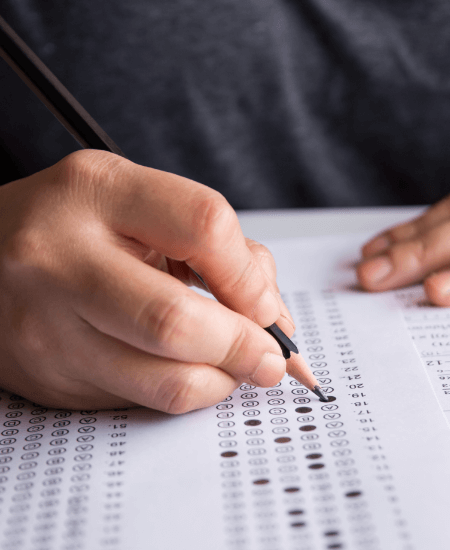
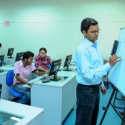



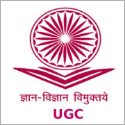

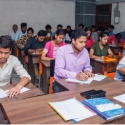













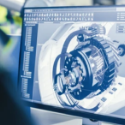






















Post a Comment